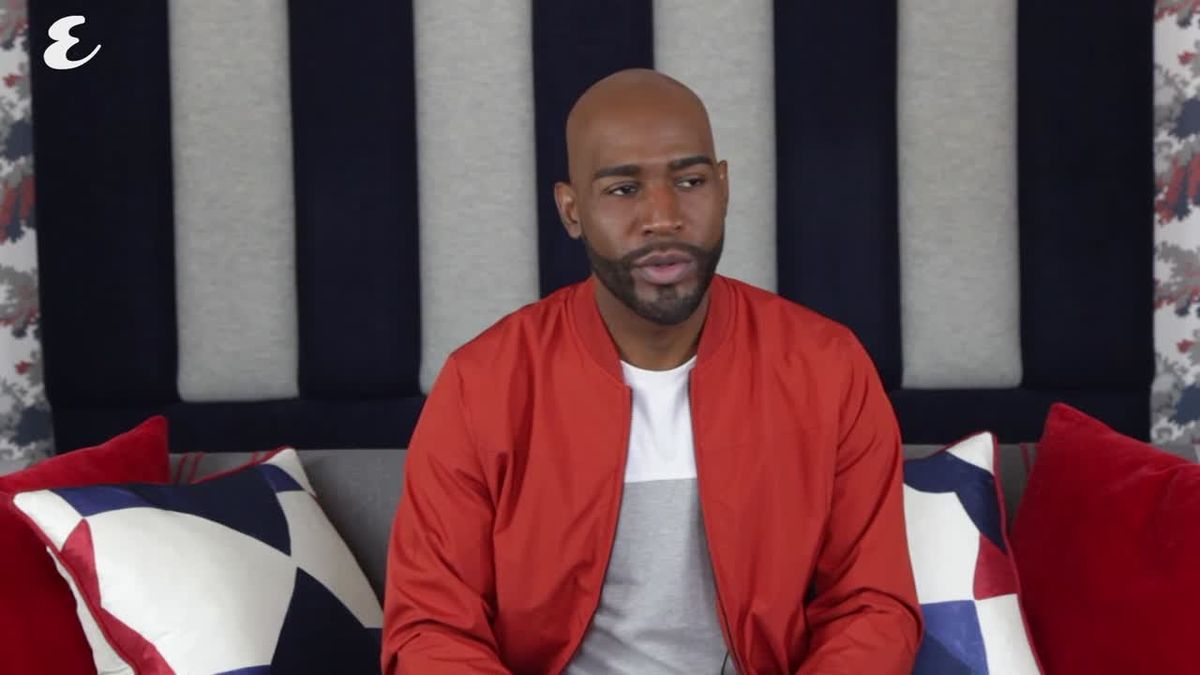Everywhere you look, masculinity is under scrutiny.
Critical voices that were previously silenced or ignored have grown louder. Lights are being shined into the rotten corners of industries and systems built to benefit us. Men who took advantage of their power to abuse others have been exposed, or are privately quaking. And men who have always thought of themselves as good guys are stopping to ask whether that is entirely true.
At the same time, men are hurting. The number of men struggling with loneliness and mental health is on the rise, and it's costing us our lives. The markers of success and good character we were applauded for just a few generations ago - chief among them stoicism - are now viewed as out of date, or even pernicious. Masculinity is routinely described as 'toxic' and 'in crisis' - often with good reason. But for individual men who are struggling, this just feels like being kicked when you're already down.
It's easy to overstate the importance of a television show. But it's easier still to dismiss it. Queer Eye - the Netflix phenomenon that sees a team of five gay guys burst into a man's home and give him a lifestyle makeover - sounds on paper like just another contrived 'reality' programme out to squeeze easy laughs out of a real-life sucker.
The truth, as anyone who has hit play and found themselves still sat there eight hours later will tell you, couldn't be any more different. Queer Eye isn't a show out to bash masculinity, it's a show that celebrates it. The men it helps have lost their way, sure, but they're smart, kind, loving - and vulnerable. The 'Fab Five' don't try and change who they are, but help them rediscover their sense of pride and self-esteem. And they do it while setting glorious examples themselves of what we stand to gain from learning the tools of openness, empathy and self-care.
Sure, it's mainstream television - with all the neat set pieces and tidy editing that requires. But its populism is precisely the point. Queer Eye might just mark the moment that our collective conversation about masculinity moves onto something more positive and hopeful - a small but important step in the drawing up of a new blueprint of how we judge ourselves and what we let ourselves be.
Maybe I'm getting carried away. But I think this is why the show has been a global hit and its stars have become the most in-demand celebrities of 2018. It's also why, when Esquire was offered the chance to meet Tan (style), Karamo (culture), Antoni (food) and Bobby (design), we jumped at the chance to sit down for a serious discussion about their own struggles with masculinity, as well as those playing out in wider society today.
Enjoy the video above, and make sure you watch Season 2 when it drops on Netflix this week.












